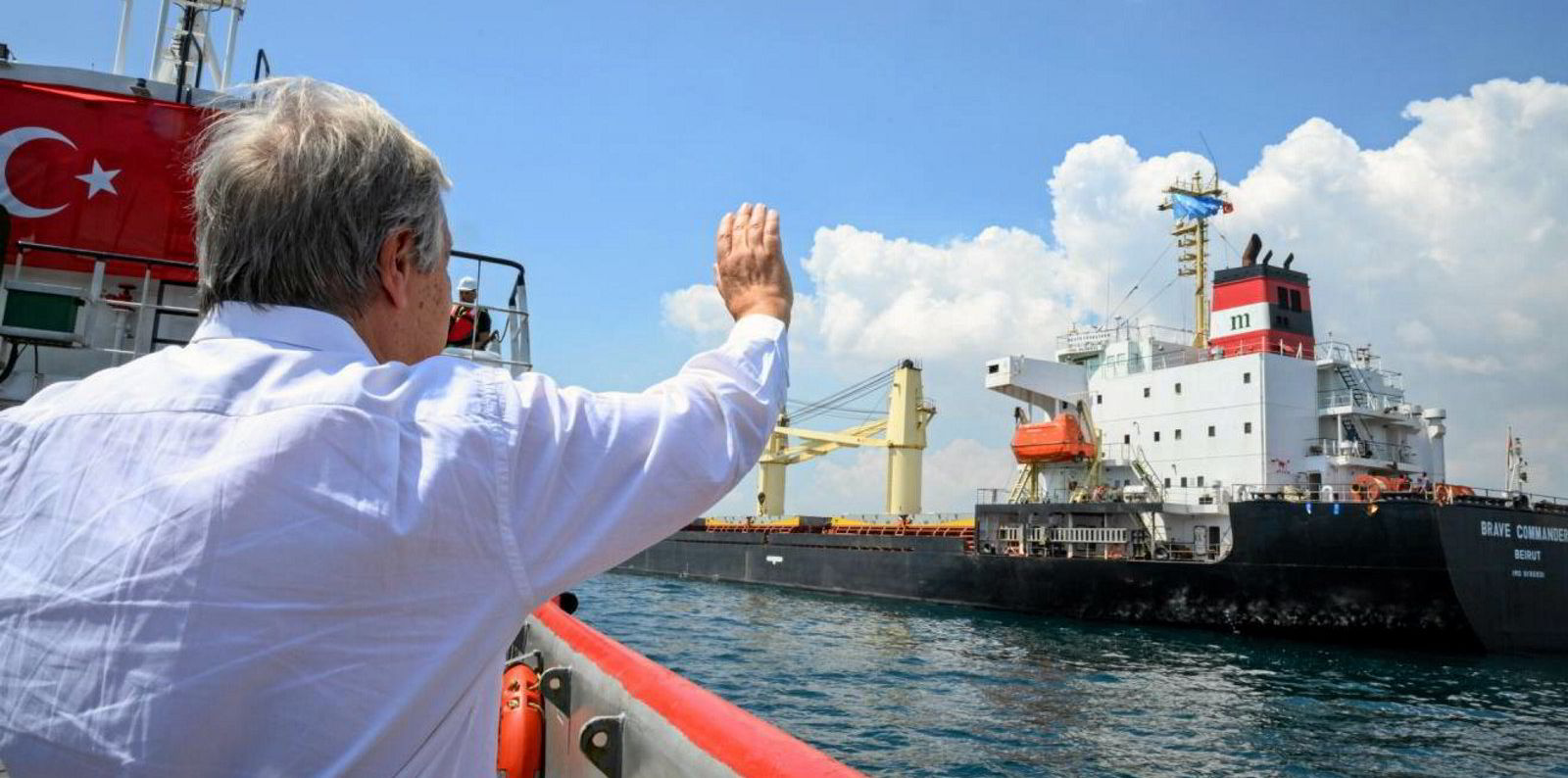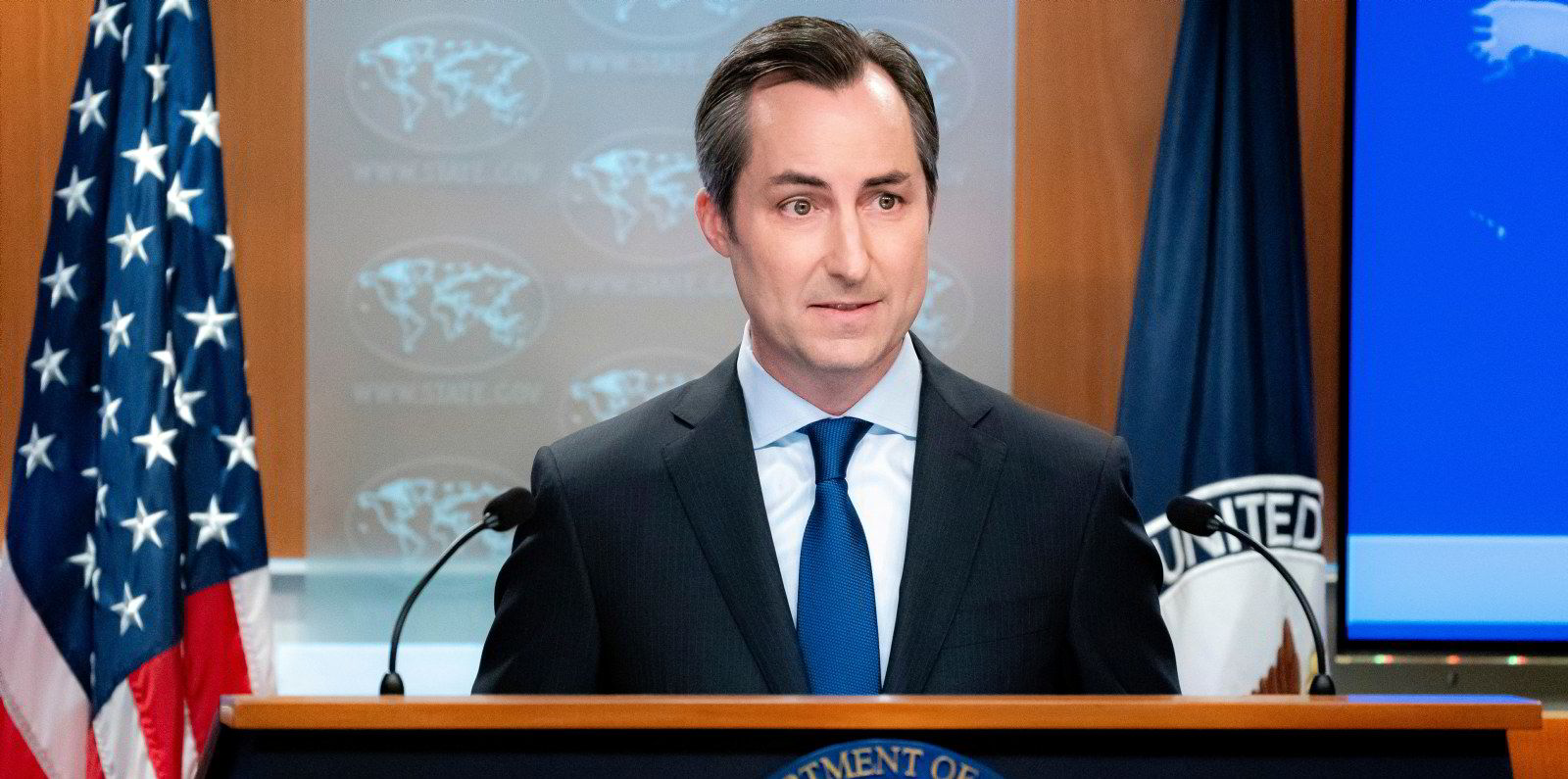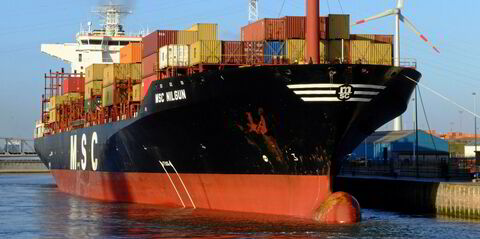The US Department of State has accused Russia of threatening commercial ships in international waters and using food as a “weapon of war” in the fallout of Moscow’s pullout from the Black Sea Grain Initiative.
Spokesman Matthew Miller said Russia’s suspension of the initiative was a blow to the world’s supply of food, and he said the Kremlin “rained missiles” on Ukraine’s grain export at the port of Odesa.
“And then today, President [Vladimir] Putin’s spokesman threatened the safety of Ukrainian ships that would dare to carry food through international waters,” Miller said.
It was not immediately clear what threat Miller was referring to, and the State department’s press team did not immediately respond to TradeWinds’ request for clarification, other than to ask that the question be submitted through an online form instead of an email.
But the independent Moscow Times reported that Kremlin spokesman Dmitry Peskov said on Thursday that ships faced risks for exporting from the blockaded ports.
“Without appropriate security guarantees, certain risks arise here. If [a future agreement] is formalised without Russia, then these risks should be taken into account,” he said, according to the report citing Russia’s Interfax news agency.
“We can’t say how much and which countries are ready to assume these risks.”
TradeWinds reported earlier on Thursday that missiles fired from Russian ships and drones struck facilities near the port of Odesa a day after ending the grain initiative that had allowed bulkers to safely carry Ukraine’s grain to international markets.
Reversal request
Miller urged Moscow to reverse its decision to end the grain corridor, arguing that 65% of shipments went to vulnerable countries and claiming that global prices of wheat, corn and soybeans are already spiking as Russia profits.
“It is clear that Russia continues to use food as a weapon of war,” he said. “This time, the impact is not only on the people of Ukraine, but also on global food supply and prices.”

He said the US is discussing options with allies to get out of Ukraine in other ways, but he described the alternatives as “far from perfect”.
Solidarity Lanes set up by the European Union to carry Ukrainian grain through the bloc, in combination with the use of Danube River ports, can only handle less than half of the volume that had been shipped under the Black Sea Grain Initiative.
“In addition, those are more expensive modes of transportation,” Miller said. “So in addition to the price going up because there’s less supply, the price would go up because these are such expensive routes.”
Read more
- Russia attacks Odesa as Ukraine seeks new grain export corridor
- Russia pulls safety guarantees for Ukraine grain ships
- Shipping halted after fatal attack on Kerch bridge between Russia and Crimea
- Russia pulls the plug on UN-led corridor for Ukrainian grain
- Russia doesn’t budge as Black Sea grain talks go down to the wire




